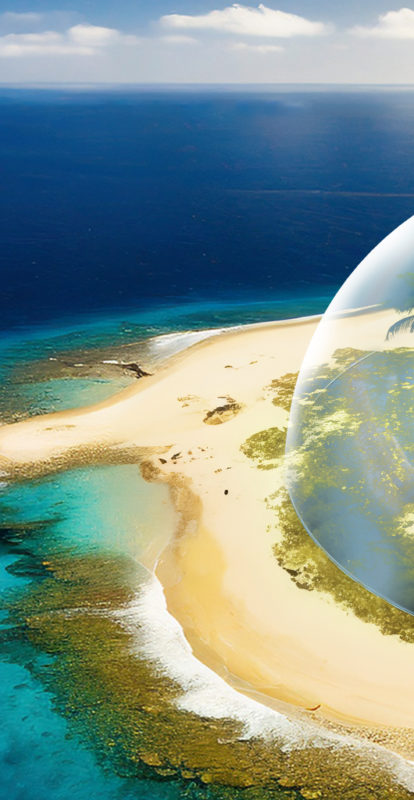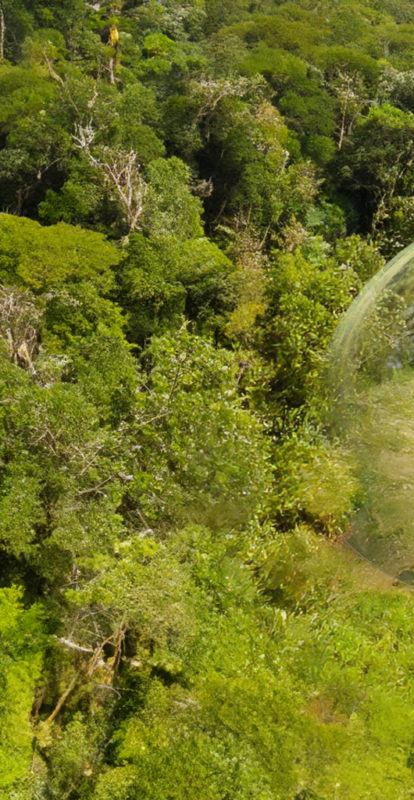Upgrading your leaders and leadership teams
The world around us is always evolving. Are your leaders doing the same?
We work with individuals, teams and groups of leaders across six continents, helping them up their game. There’s no one-size-fits-all, here. It starts with you and the shift you’re keen to create. Then we craft whatever ‘solution’ is best for you.
Why list three distinct services, if everything’s custom built? Because that’s how most people find us.

Executive Coaching

Team Coaching

Leadership Development
Seeking something less easily defined? Sounds like we should talk.
Get in touchSome of the organisations we have helped



























* Through our partnership with Edgecumbe Consulting Group


Who are we?
A team of psychologists, coaches and facilitators, based in the UK and working all over the world. A wealth of experience. A range of expertise and interests. A common ethos. A focus on practical, impactful learning for significant, lasting change.
Our founder literally wrote the book on being Authentic, Responsible and Courageous. So, you can expect that ‘ARC’ of us all.



